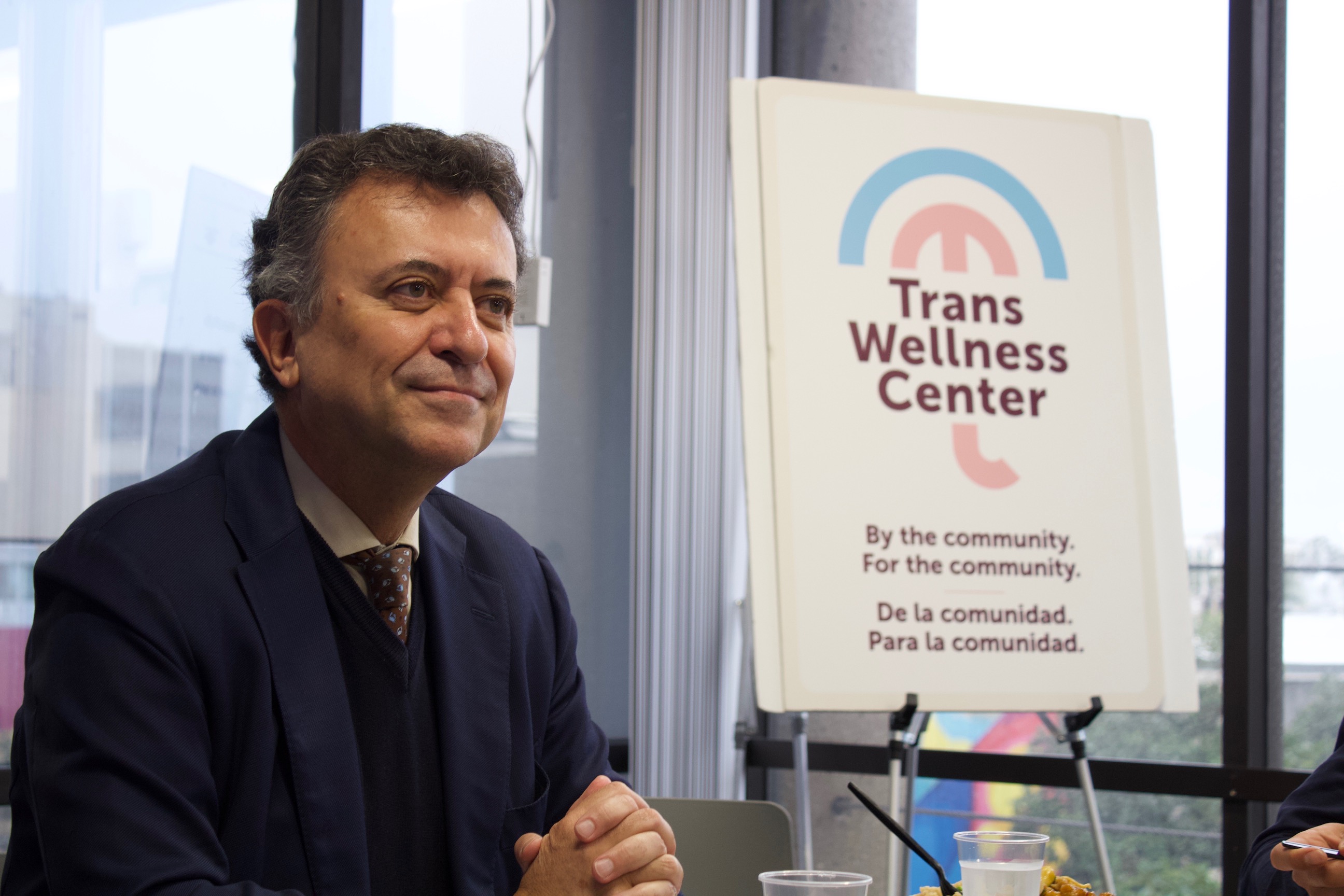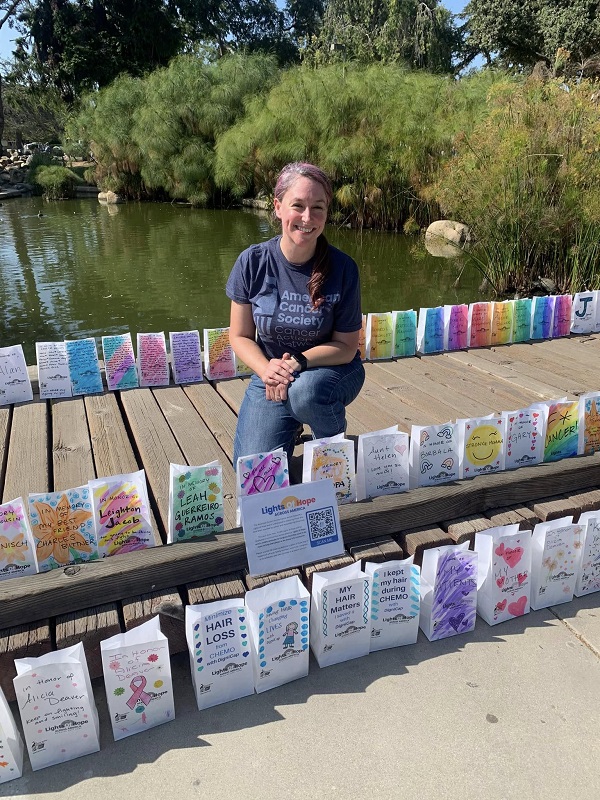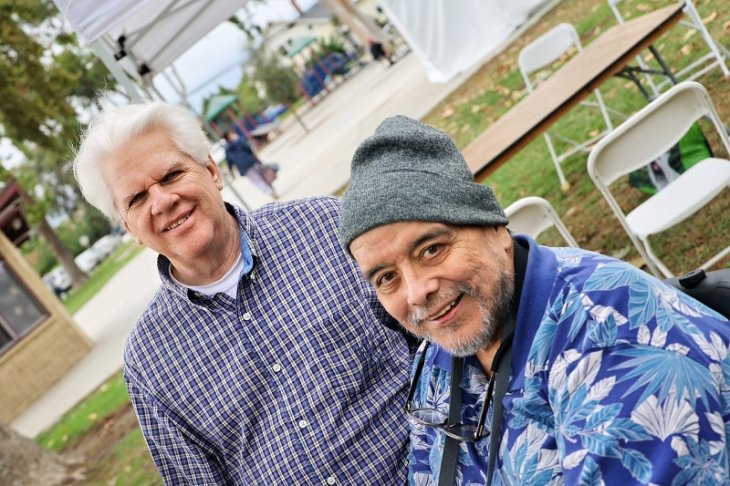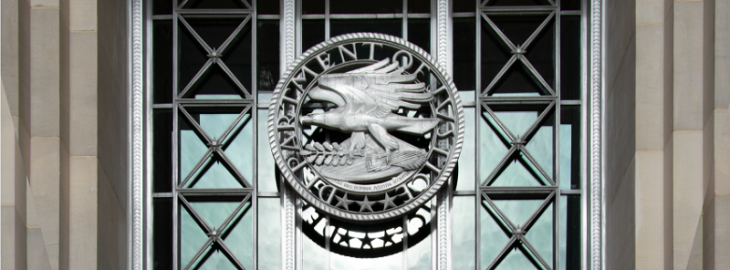Carlos Garcia de Alba speaks with transgender community about a collaboration between the Consulate of Mexico and Trans Wellness Center.
By Jorge Paniagua
Elsa Johnson, one of the Trans Wellness Center’s board members, has visited the Consulate of Mexico in Los Angeles four times since her gender confirmation surgery in 1986. She is a Mexican woman who came to the United States, like so many other transgender immigrants, for new opportunities and a more tolerant societal experience.
Here in the U.S., she is recognized as a woman on all of her American legal documents. Yet, the same cannot be said about her Mexican passport.
“I went with my American papers [to The Consulate of Mexico],” Johnson said. “I said I need my [name and sex on my] Mexican passport [changed] as a woman because I am a woman now. They said no, you are a man — sorry, you have to keep your [passport] name as a man.”
Johnson’s reaction: “Why? I [had] my sex change in 1986 — a long time ago. So why do you treat me as a man? I’m completely a woman.”
Each time she visited the Consulate for her passport, Johnson was always met with an ultimatum by the employees there: if she wanted her Mexican passport, it would be one including a man’s name and “male” sex marker.
She was not alone in her struggle. Mariana Marroquin, the program manager of the Trans Wellness Center, faced a similar struggle with the Consulate of Guatemala.
“They didn’t want to recognize me for who I am,” Marroquin said. “I know the experience. When she shared that experience [during the meeting], I felt like that was my same experience. That has to do with the law in the countries, they [the Consulates] go by the law.”

Last week, the Consul of Mexico in Los Angeles, Carlos Garcia de Alba, visited the Trans Wellness Center in an attempt to change these oppressive narratives involving transgender people of Mexican descent being marginalized at the Consulate.
Garcia de Alba met with employees of The Trans Wellness Center, as well as members of Los Angeles’ transgender community, in a round-table discussion focusing on what a possible collaboration between the Consulate of Mexico and Trans Wellness Center could look like.
During the event, Garcia de Alba listened to different narratives from members of the transgender community, including Johnson’s story detailing her experience with the Mexican Consulate.
“This has been a very difficult battle [regarding transgender rights in Mexico] — you know more than I do [regarding] how difficult this is,” Garcia de Alba said during the meeting. “The situation is evolving and changing faster than you imagine.”
Garcia de Alba invited Johnson to visit the Consulate the following day to “check the situation” regarding her Mexican legal documents. He promised to be a part of the fight for transgender rights at the Consulate.
“It’s my obligation to deal with the entire Mexican community — no matter sex, orientation, gender, ideology, political preference,” Garcia de Alba said in an interview following the meeting. “My obligation is to work with any Mexican living here in L.A.”

Aside from inviting transgender people to the Consulate for free healthcare programs and mental health services, the Consul encouraged the Trans Wellness Center to plan future events at the Consulate that promote the advancement of transgender people. This includes potential film screenings of LGBTQ+ cinema, cultural photographic exhibitions and art shows, Garcia de Alba said.
“By coming here, [the Consul] is showing his staff – he’s showing the Mexican immigrant and Latino community – that we need to learn about everyone,” Marroquin said. “Being immigrant is only one aspect of your life. You’re immigrant, you’re transgender, you’re LGBT — all of these things make you who you are. By making the effort to come here, he’s setting an example for others to learn about each other.”
Although Garcia de Alba works solely as the consul for Mexico, he hopes that his decision to collaborate with the Trans Wellness Center will encourage his colleagues at other Latinx-American consulates to follow suit.
“I hope the consul took away the realities of our community — especially the Hispanic, Latina and Latinx community — of what we go through as trans people,” Linkage and Retention Coordinator for the Trans Wellness Center Johanna Padilla said. “We live in the U.S., those who are documented, those who are born in the U.S. — we live the privileged life. Especially in California. The reality is, like some of the people that mentioned [during the round-table discussion], they’ve gone to the consulate and they’ve dealt with transphobic treatment — whether it’s because of the laws or whatever have you. They received treatment that was unkind and made them feel like they couldn’t go there to recieve help.”

Padilla hopes that the consul took away a clear understanding of some of the struggles that the Mexican transgender community face at the Consulate of Mexico in Los Angeles.
“It was very interesting,” Garcia de Alba said in regard to his visit to the Trans Wellness Center. “To understand what the [Trans Wellness] Center is, what are their goals, their priorities, their way of doing things and to, understand fully, how difficult [and complicated] it can be to live as a transgender person.”
The Trans Wellness Center is located at 3055 Wilshire Blvd. The Center provides a safe place, as well as resources, for transgender and gender nonconforming people.























